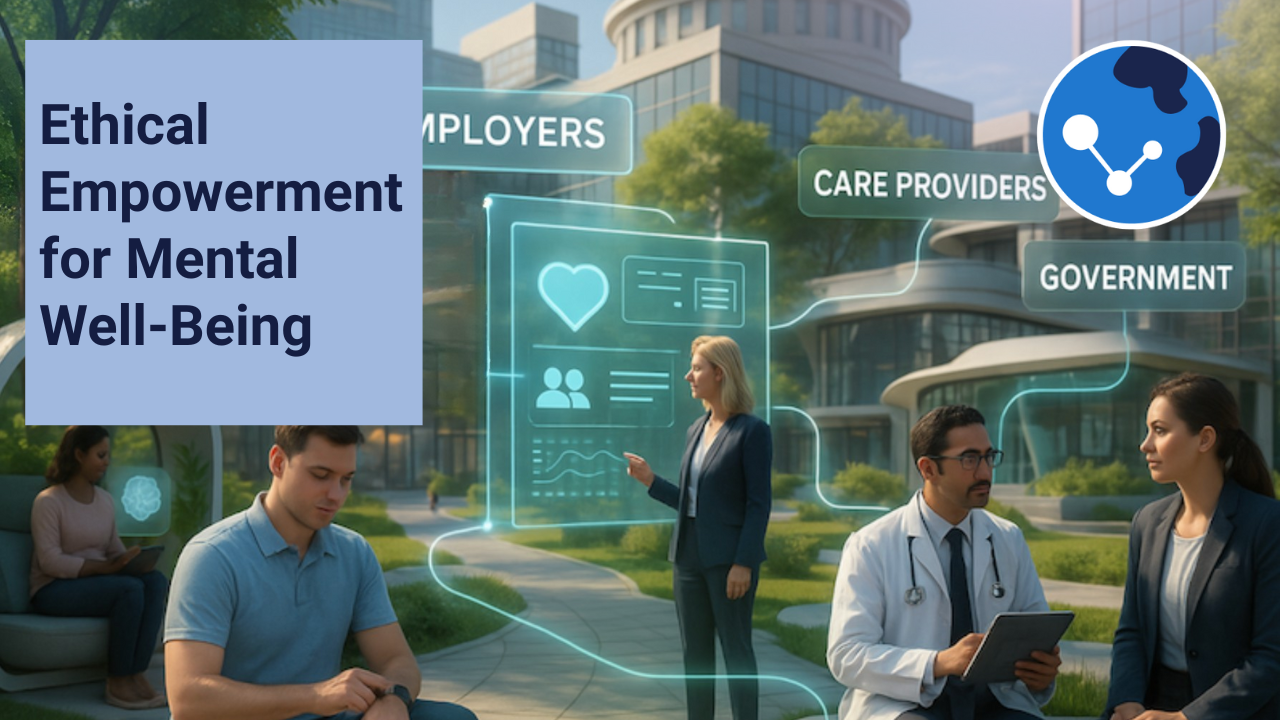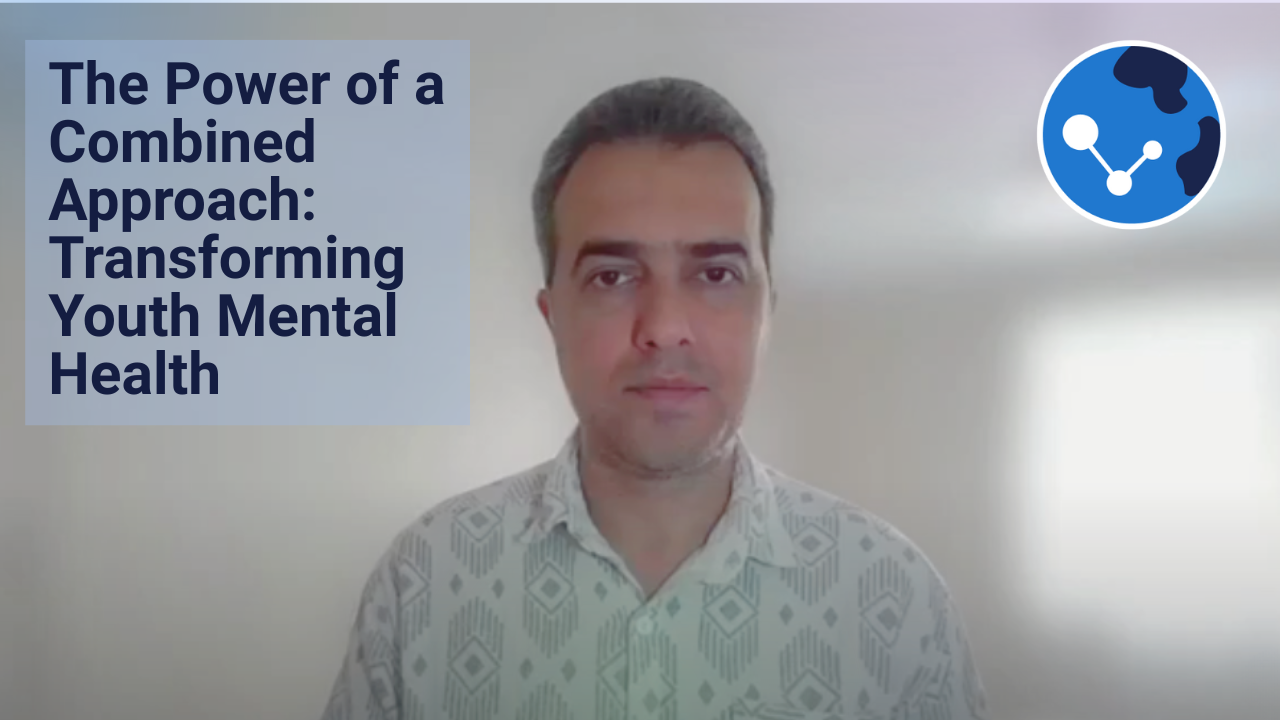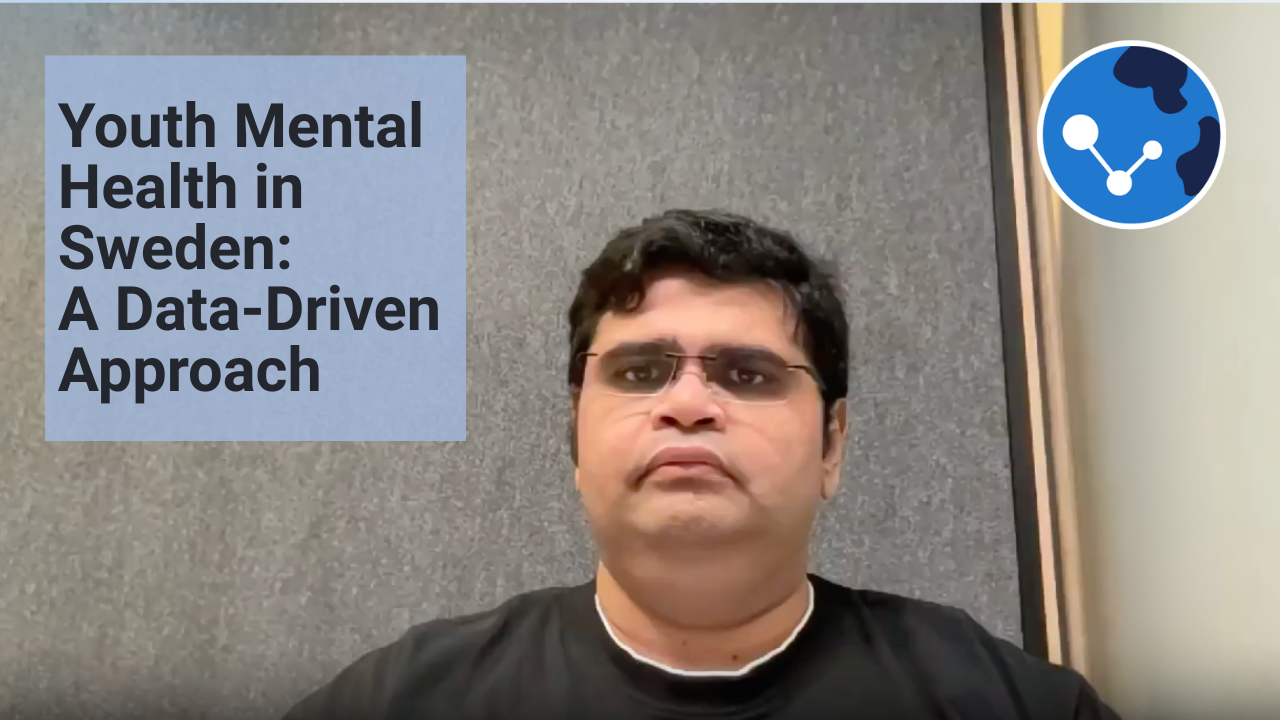Ethical Empowerment: Designing a Digital Ecosystem for Mental Well-Being

Mental health and well-being are critical not only for individuals, but also for society and the economy. Yet, current support systems often suffer from capacity limitations and fragmented digital tools, highlighting the need for a more integrated approach that facilitates scalable, proactive care.
Dr. Federico Colecchia, a full-time academic at Brunel University of London, and his colleagues have proposed a conceptual framework that would support this kind of approach. Their paper, "Toward a Sociotechnical Ecosystem for Ethical Screening and Promotion of Mental Health and Well-Being," recently published in the Journal of Medical Internet Research, outlines an ecosystem connecting individuals, employers, care providers, and government authorities into an integrated digital health system aimed at promoting mental health and well-being.
A New Model for Integrated Care
The core of the framework lies in designing a sociotechnical ecosystem that connects different key stakeholders and leverages emerging digital technologies—such as wearable devices, mobile applications, and advanced predictive analytics—to facilitate large-scale, ethical screening and mental health support.
One clear potential benefit of this ecosystem would be the ability to detect early-stage mental health issues and provide users with prompt, tailored guidance and suggestions. This proactive approach could help catch mild-to-moderate anxiety and early-stage depression before conditions become more debilitating, ultimately increasing the efficiency of support and care services.
Ethics and Ownership Through Co-Design
A key challenge, and a central pillar of the framework, is ensuring ethical practices in data collection and governance. Dr. Colecchia emphasizes that the involvement of all stakeholders—individuals, employers, and care providers—in a continuous co-design process is essential. The sensitivity of mental health data requires transparency, data governance, and explicit consent regarding who processes the data, what information is shared, with whom, and, critically, what benefits the individual receives.
To support user engagement and encourage data sharing, the framework proposes an innovative solution: presenting well-being data to users in more intuitive ways. Moving beyond traditional charts and numbers that can be confusing or difficult to contextualize, the team proposes visualizing data using relatable metaphors. They hypothesize that this creative externalization of real-time data could help sustain positive psychological and behavioral change, fostering a greater sense of ownership and agency over personal health data.
The Power of Convergence
This ambitious project required the convergence of specialists from diverse disciplines, including emerging technology, design for health, arts therapies, and business management. This interdisciplinary approach was crucial for defining the complex functional relationships and ethical safeguards needed to underpin the proposed ecosystem.
Ultimately, the goal is to create a more efficient and equitable pathway to mental health support for individuals while providing business organizations with ethical, cost-effective methods for monitoring employee well-being and enhancing workforce resilience. The framework provides a strategic blueprint and roadmap for developing scalable, ethical digital solutions for mental health support.
To learn more about the theoretical foundations, working hypotheses, and ethical considerations for designing a large-scale mental health ecosystem, watch the video featuring Dr. Federico Colecchia and read the full research article to explore the detailed concept paper.
Subscribe Now


